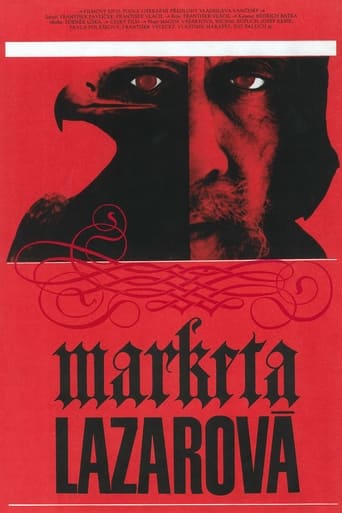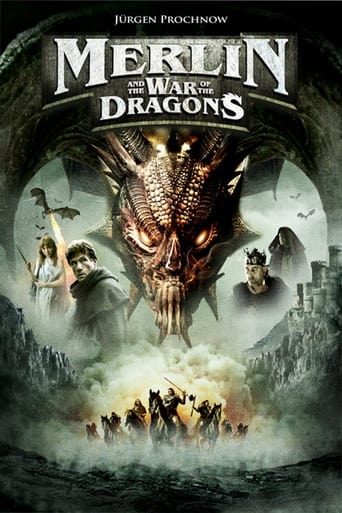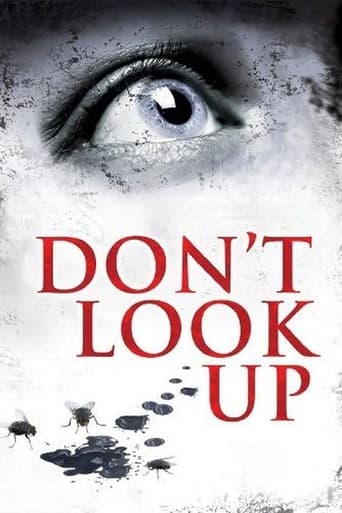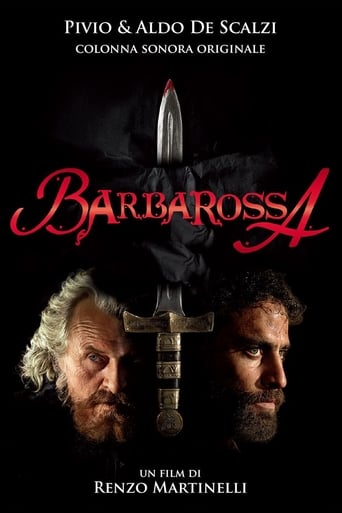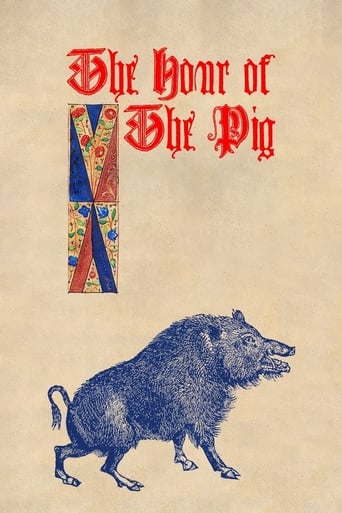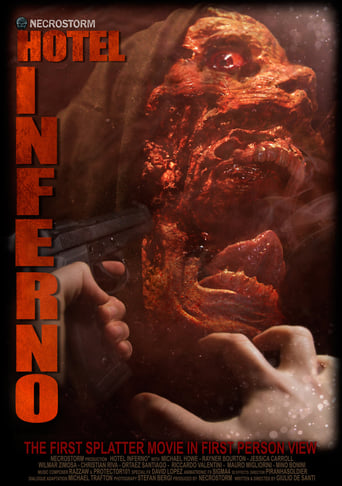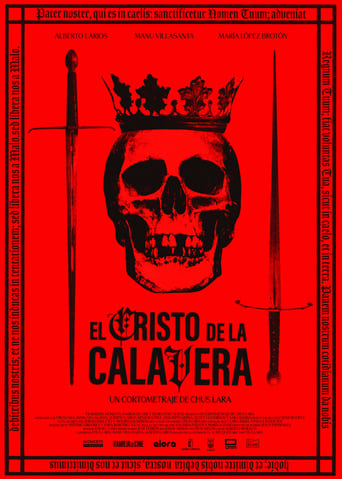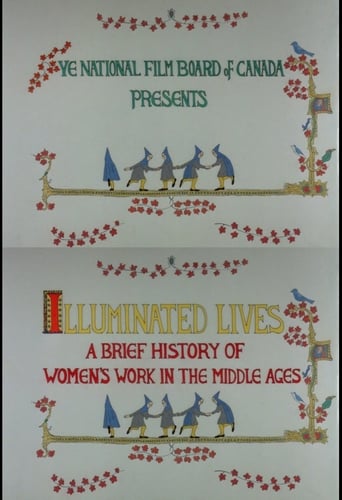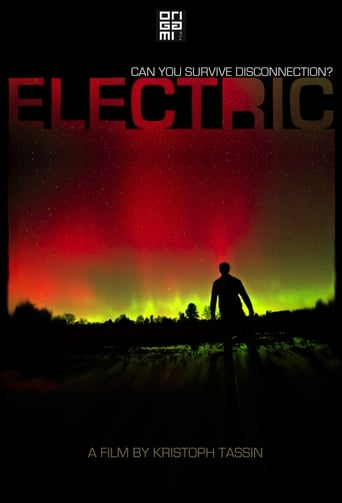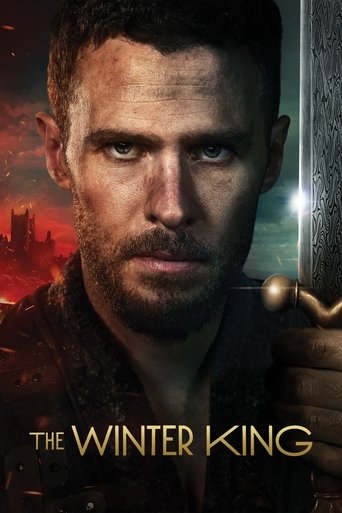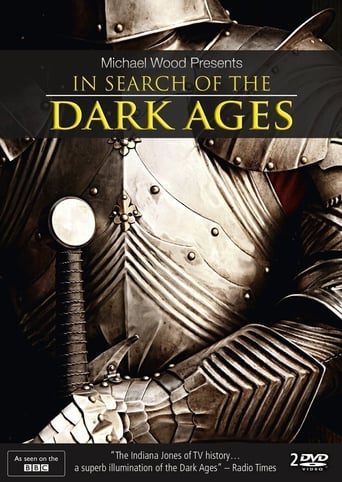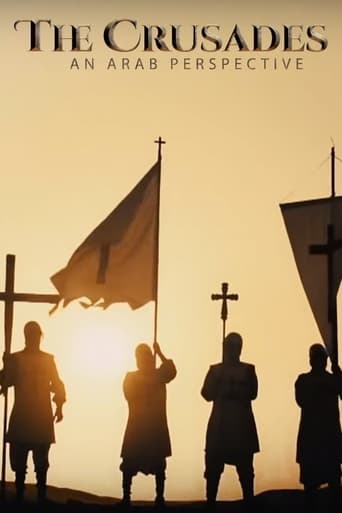Parolla chjave Dark Ages
Amazons 1986
Don't Look Up 2009
Barbarossa 2009
The Hour of the Pig 1993
Hotel Inferno 2013
Hoja! Lero! 1952
Electric 1970
The Winter King 2023
Bastard son Arthur returns to the land he's been banished from to find a kingdom in chaos. Seeking the aid of his oldest confidants, Arthur aims to right Britain's path as he faces the most unexpected of obstacles.
Arthur of the Britons 1972
This series strips away the elaborate medieval view of Camelot, and presents Arthur as the chief of a small Celt tribe in Dark-Ages Britain, a century or two after the withdrawal of Rome. Arthur struggles to weave the scattered tribes of Celts, Jutes, etc. into a union that can effectively oppose the Saxon invaders who are arriving in Britain in growing numbers. He is aided by his adoptive father, Llud, and his foster brother, Kai, who is himself a Saxon foundling.
In Search of the Dark Ages 1979
In Search of the Dark Ages was a television series, written and presented by Michael Wood, and first shown in 1979. It is also the title of a book written by Wood to support the series, which was published in 1981. The television series consisted of a series of separate programmes, hence the collective title is often written as In Search of ... The Dark Ages. It began with In Search of Offa, recorded in 1978 by BBC Manchester, and shown on 2 January 1979. Subsequent programmes in the first series were on Boadicea, King Arthur and Alfred the Great, shown with a re-run of Offa over successive nights in March 1980. The first series was such a success when shown in an off-peak slot on BBC Two that a second series was broadcast in 1981, with subjects including William the Conqueror, Ethelred the Unready, Athelstan and Eric Bloodaxe.
The Crusades, An Arab Perspective 2016
The Crusades: An Arab Perspective is a four-part series produced by Al Jazeera English, which presents the dramatic story of the medieval religious war through Arab eyes. The series provides a new perspective on the history of the Crusades for a global, English-speaking audience, that has largely read about or studied the famous struggle from a primarily Christian and Western point of view.
